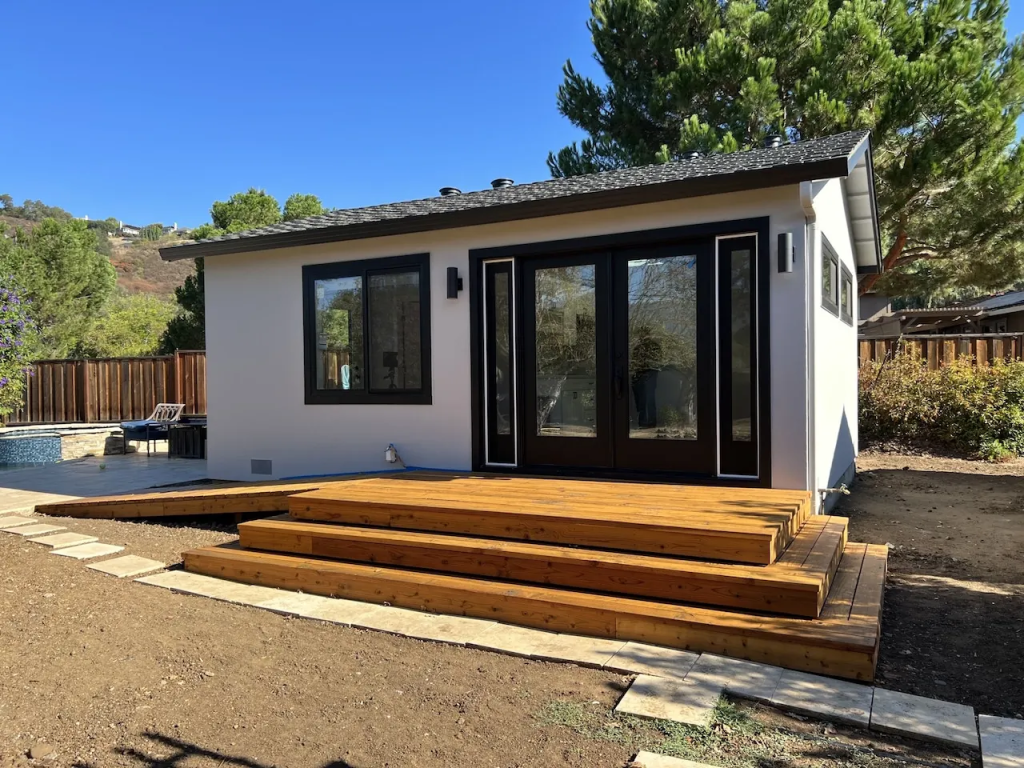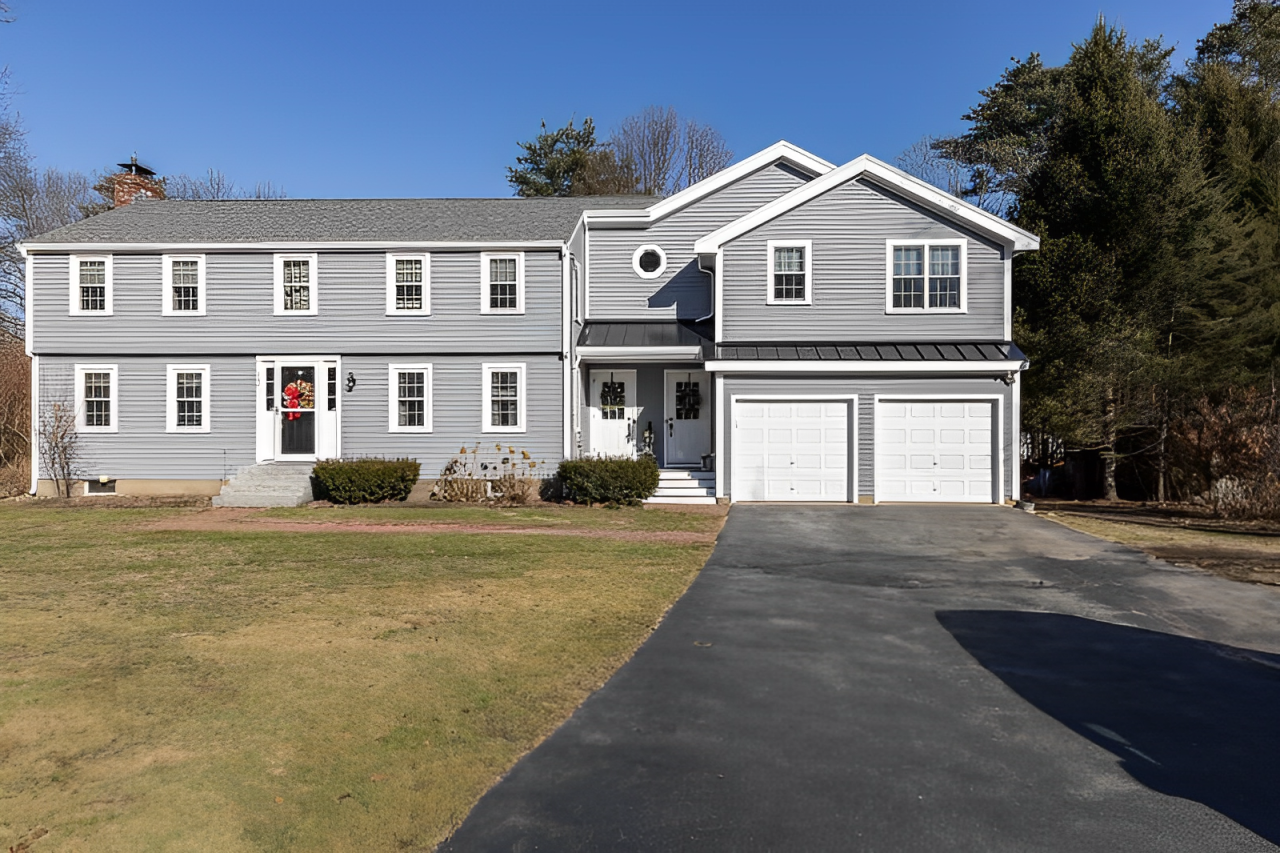A new Massachusetts state law that took effect on Sunday allows homeowners to build accessory dwelling units (ADUs) on their properties. These small, secondary homes, also known as “granny flats” or “in-law apartments,” can be attached or detached from the main house. The goal of this legislation is to increase the housing supply and lower costs by providing more affordable living options.
Governor Maura Healey emphasized that this law creates more opportunities for seniors, young adults with special needs, and individuals looking for affordable housing. But what exactly qualifies as an ADU, and how can homeowners take advantage of this new opportunity?
What is an ADU?
An ADU is a secondary housing unit that must include a separate entrance, a bathroom, a kitchen, and at least one bedroom. Under the new law, these units must be no larger than 900 square feet or half the size of the primary home, whichever is smaller.
Many homeowners build ADUs to accommodate aging family members, provide housing for young adults, or generate rental income. They can be constructed in various ways, including:
- As an addition to an existing home
- As a detached unit elsewhere on the property
- By converting a garage or basement into a living space
- Using modular home kits built off-site and assembled on the property
Because of their smaller size, ADUs are often a more affordable housing option, both for those constructing them and those who will live in them.
Where Are ADUs Allowed?
The new ADU law applies statewide to all areas zoned for single-family homes, except for Boston. Previously, homeowners had to apply for special permits and variances, which could be denied due to restrictive zoning regulations. Now, ADUs are allowed by right, meaning homeowners no longer need special permits to build them.

However, individual cities and towns can still regulate ADUs through their local planning processes. They cannot impose unreasonable restrictions, such as requiring design standards that do not also apply to single-family homes in the same district.
Some key regulations include:
- Municipalities cannot require separate utility connections for ADUs.
- ADUs within a half-mile of a public transit station do not need additional parking spaces.
- Properties beyond a half-mile of a transit station may be required to provide just one extra parking space.
- Applications for ADUs cannot be subject to site plan reviews or impact analyses unless similar reviews are required for single-family homes.
For more details, homeowners should visit their town’s local government website or the state’s official page on ADU regulations.
How to Get Your ADU Approved
Although the state law now permits ADUs by right, local municipalities may still have their own application and approval processes. Here’s what homeowners need to do to get started:
- Check Local Regulations – Contact your local planning or building department to understand specific requirements in your area.
- Design and Plan – Work with an architect or contractor to ensure the ADU meets zoning and building codes.
- Submit Your Application – File the necessary documents with your local planning or zoning board.
- Obtain Building Permits – Before starting construction, secure all required permits.
- Start Construction – Once approved, construction can begin under the supervision of a licensed contractor.
- Final Inspection – Before occupancy, the ADU must pass a final inspection to ensure it meets safety and building codes.
Can You Rent Out an ADU?
Yes, homeowners can rent out their ADUs to long-term tenants or, in some cases, as short-term rentals. Under the new law:
- Homeowners are not required to live on the property to rent out an ADU.
- If a city allows short-term rentals for other types of housing, it cannot prohibit ADUs from being used as short-term rentals.
- Some towns may still have restrictions on vacation rentals, so homeowners should check their local regulations before listing their ADU on platforms like Airbnb or VRBO.
What About Boston?
Boston is excluded from the new statewide ADU law due to its unique zoning regulations. However, the city is working on updating its zoning codes to make ADU construction easier. In 2023, Boston introduced an ADU Guidebook, which provides information on:
- Example ADU designs for different lot sizes
- The application and approval process
- Financing options for homeowners
Homeowners in Boston who want to build an ADU should consult this guide and stay updated on future zoning changes.
Conclusion
The new Massachusetts ADU law makes it easier for homeowners to build secondary housing units, offering more affordable living spaces and rental opportunities. By simplifying the approval process and preventing restrictive local zoning laws from blocking ADU construction, the state aims to increase its housing supply and reduce costs.
For homeowners considering building an ADU, now is the time to explore their options, check local regulations, and start planning their new living space.
Disclaimer: This article has been meticulously fact-checked by our team to ensure accuracy and uphold transparency. We strive to deliver trustworthy and dependable content to our readers.

